Filaret says will "radicalize protest"
Bishop Filaret has rejected requests made today by other church officials to end his hunger strike.
Friday, 07.09.2007.
15:20

Bishop Filaret has rejected requests made today by other church officials to end his hunger strike. Serbian Orthodox Church (SPC) leader Patriarch Pavle asked Filaret to end his hunger strike, because of the bishop's increasingly poor health. Filaret says will "radicalize protest" Filaret has not taken any food since August 28. The bishop said that if Montenegrin officials do not allow him entry into that country, he will stop drinking water and taking his medication starting Sunday. Filaret is currently said to be unable to move and communicate with the media and has enlisted Radio Belgrade journalist Ratko Nikic to handle these duties for him. The bishop began his hunger strike after Montenegrin officials denied him entrance into the country to hold service in a SCP church, because his name appears on an internationally released list of people suspect of harboring and aiding Hague war crimes fugitives. In the meantime, the controversial dignitary's decision to embark on a hunger strike managed to strain the relations between the two countries. Thursday, Prime Minister Vojislav Kostunica's advisor Aleksandar Simic made an offensive statement denying the existence of the Montenegrin nation and disparaging their state, while Infrastructure Minister Velimir Ilic cancelled an official visit to Podgorica. Montenegro reacted with lodging a severe protest with the authorities in Belgrade and demanding a public apology, which came late Friday from the camp of the President Boris Tadic, namely, from Deputy Prime Minister Bozidar Djelic. Meanwhile, the prime minister himself has stepped into the fray, not to apologize but to ask the EU's top officials to help find a solution that would allow the bishop to enter Montenegro, Beta learned late last night. Also Friday, the government in Podgorica sent a letter of its own to Brussels, to demand interpretation of the Council of Europe's July 18 decision calling on all its member states to ban entry and passage of persons suspected of aiding indicted war criminals. Montenegro would like to have an official explanation as to whether the EU believes any exceptions to that rule can be made, and under what circumstance. In the midst of all this, Montenegro's chief of diplomacy Milan Rocen arrived on a pre-arranged official visit to Belgrade. Rocen met with Djelic, when the two officials pledged to make an effort and overcome the problems currently burdening the relations between the two countries. The two states should improve neighborly and friendly relations, a statement from the meeting said.
Filaret says will "radicalize protest"
Filaret has not taken any food since August 28.The bishop said that if Montenegrin officials do not allow him entry into that country, he will stop drinking water and taking his medication starting Sunday.
Filaret is currently said to be unable to move and communicate with the media and has enlisted Radio Belgrade journalist Ratko Nikić to handle these duties for him.
The bishop began his hunger strike after Montenegrin officials denied him entrance into the country to hold service in a SCP church, because his name appears on an internationally released list of people suspect of harboring and aiding Hague war crimes fugitives.
In the meantime, the controversial dignitary's decision to embark on a hunger strike managed to strain the relations between the two countries.
Thursday, Prime Minister Vojislav Koštunica's advisor Aleksandar Simić made an offensive statement denying the existence of the Montenegrin nation and disparaging their state, while Infrastructure Minister Velimir Ilić cancelled an official visit to Podgorica.
Montenegro reacted with lodging a severe protest with the authorities in Belgrade and demanding a public apology, which came late Friday from the camp of the President Boris Tadić, namely, from Deputy Prime Minister Božidar Đelić.
Meanwhile, the prime minister himself has stepped into the fray, not to apologize but to ask the EU's top officials to help find a solution that would allow the bishop to enter Montenegro, Beta learned late last night.
Also Friday, the government in Podgorica sent a letter of its own to Brussels, to demand interpretation of the Council of Europe's July 18 decision calling on all its member states to ban entry and passage of persons suspected of aiding indicted war criminals.
Montenegro would like to have an official explanation as to whether the EU believes any exceptions to that rule can be made, and under what circumstance.
In the midst of all this, Montenegro's chief of diplomacy Milan Roćen arrived on a pre-arranged official visit to Belgrade.
Roćen met with Đelić, when the two officials pledged to make an effort and overcome the problems currently burdening the relations between the two countries.
The two states should improve neighborly and friendly relations, a statement from the meeting said.





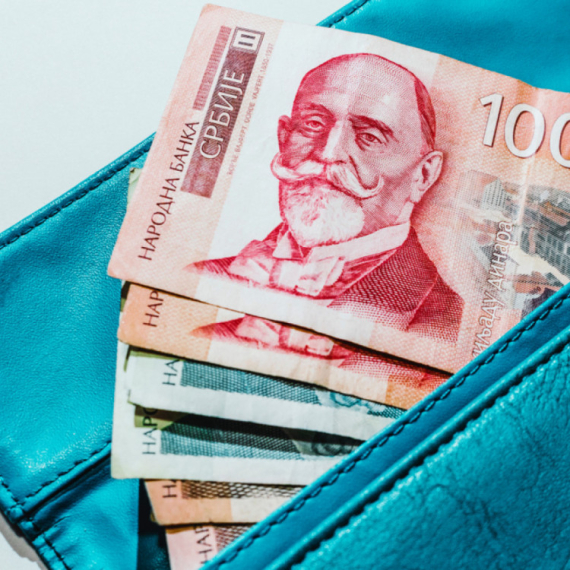




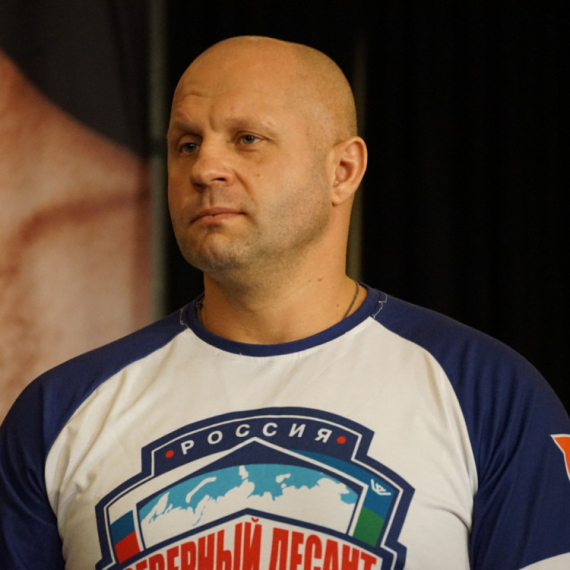
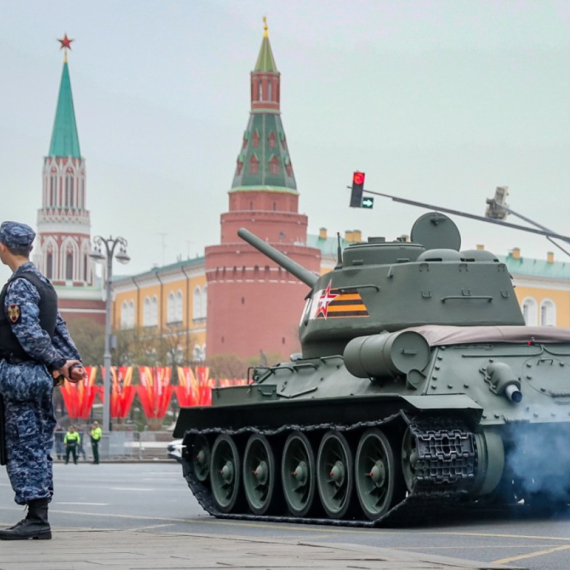
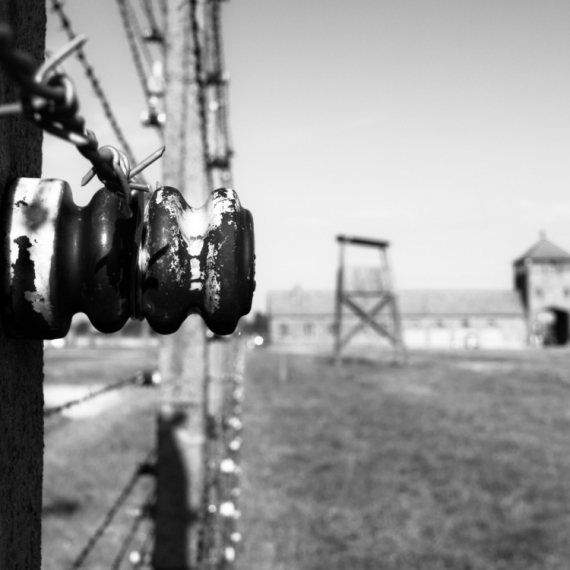


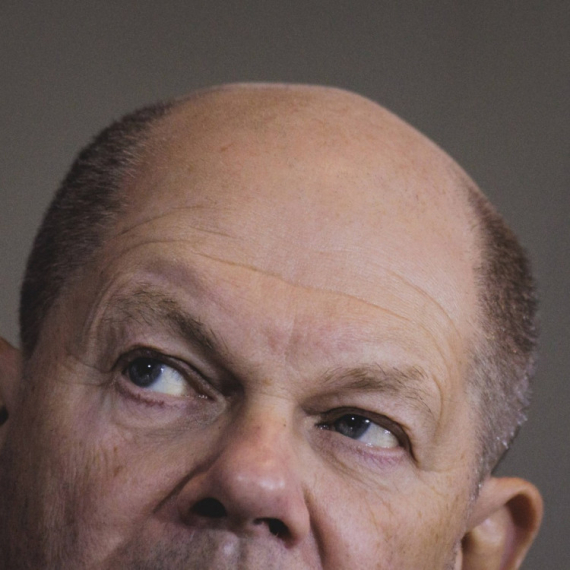
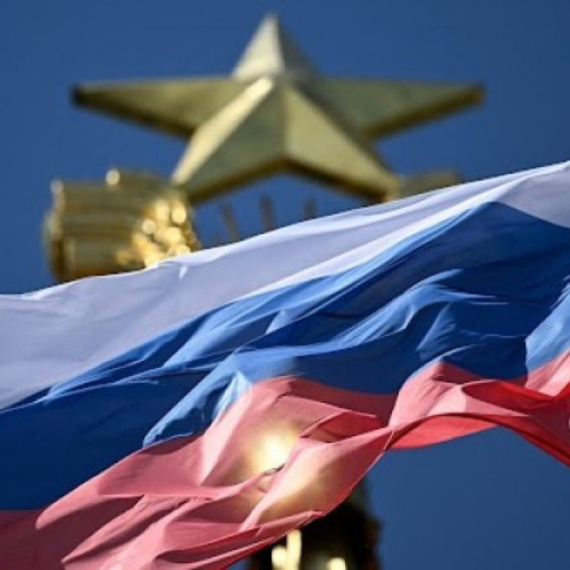
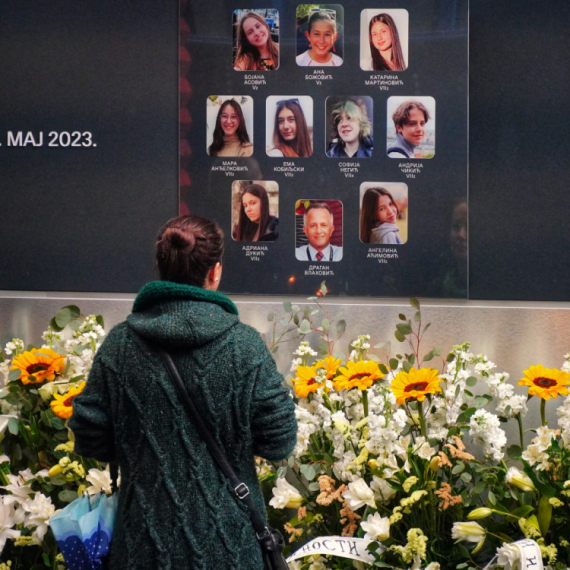
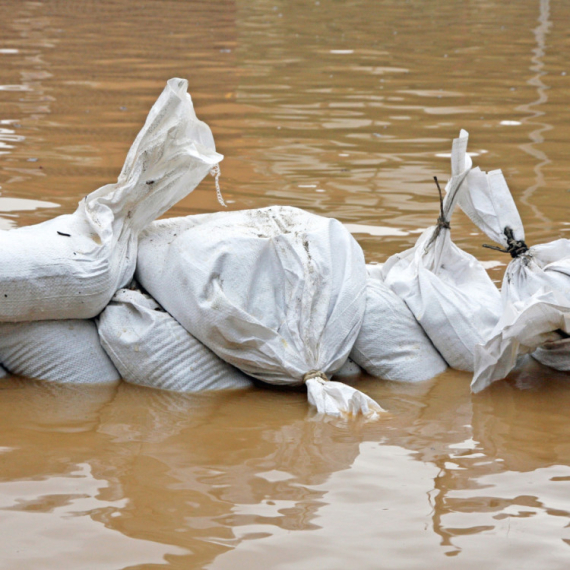
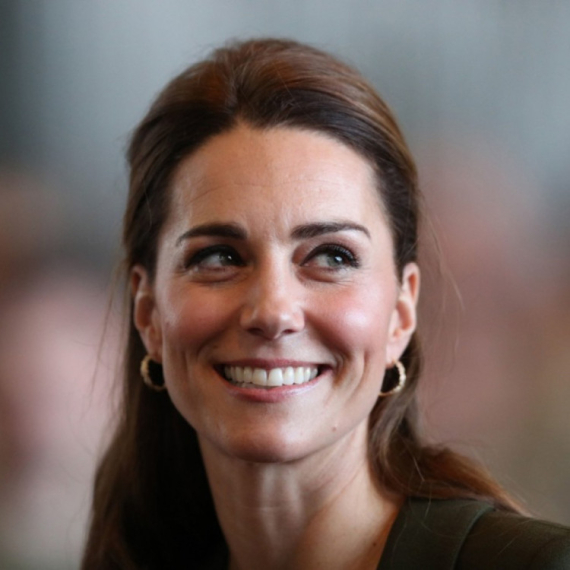
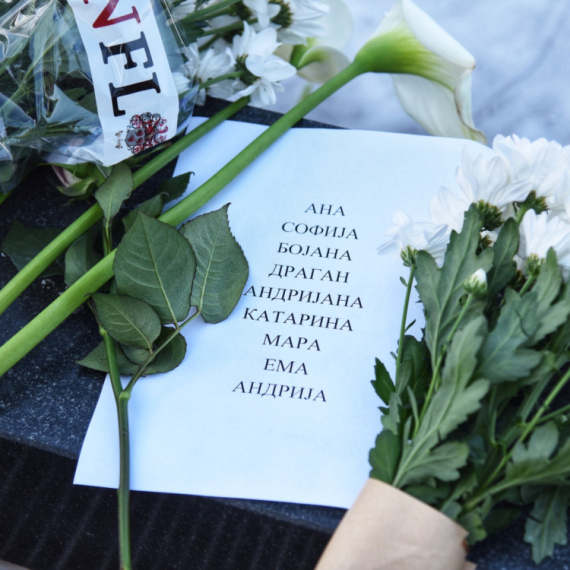

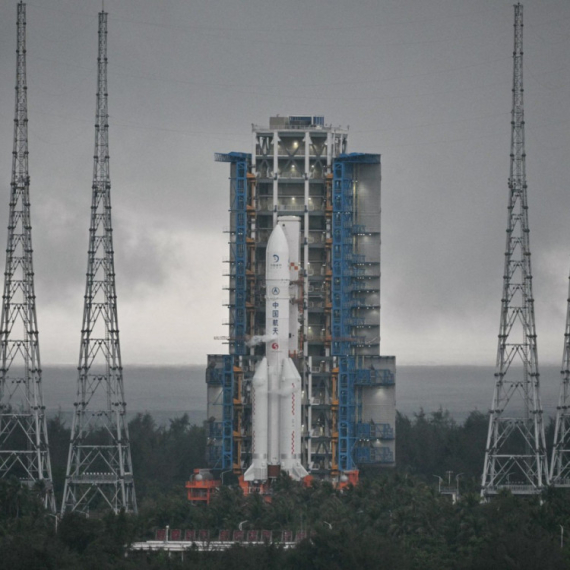







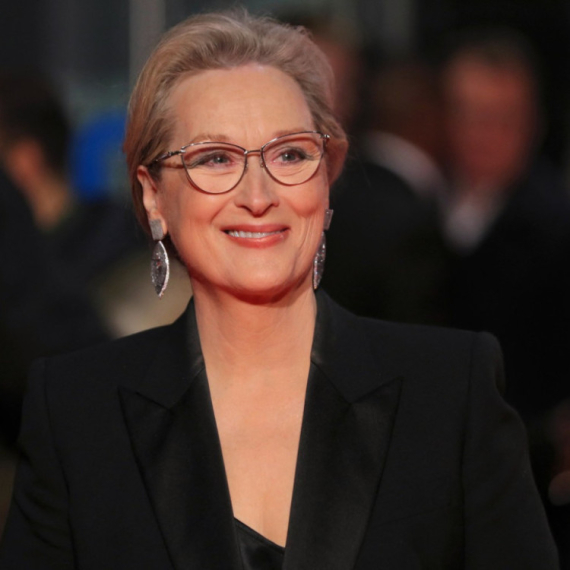


















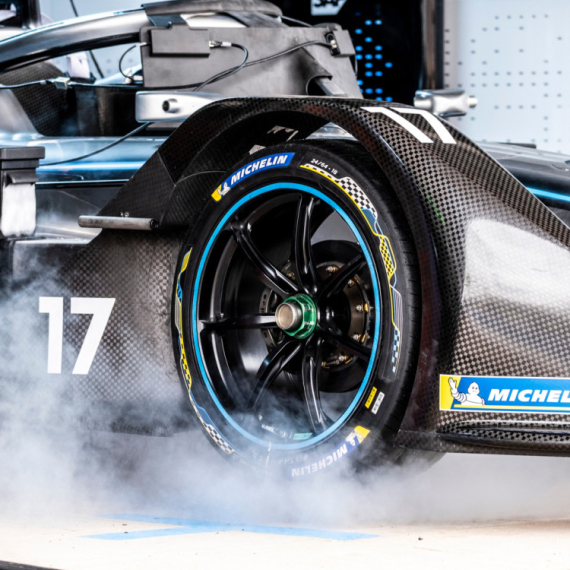


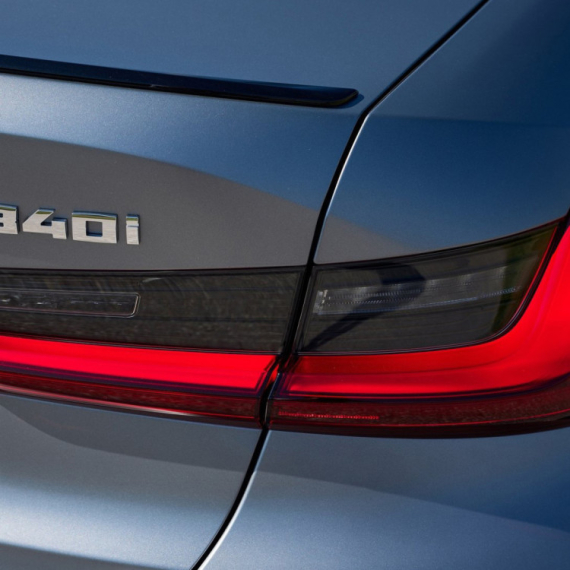
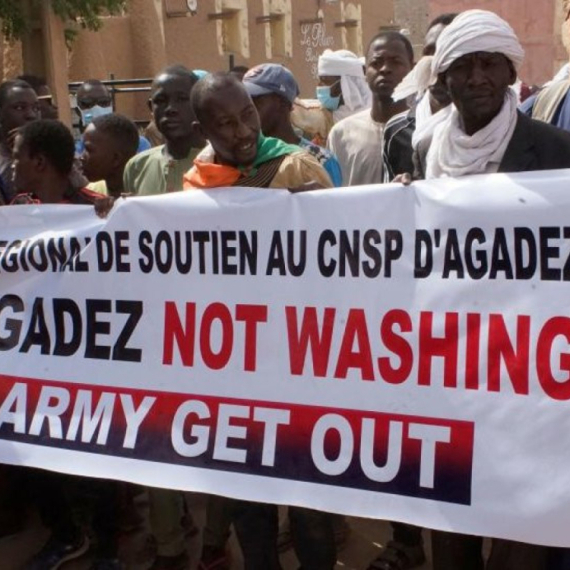
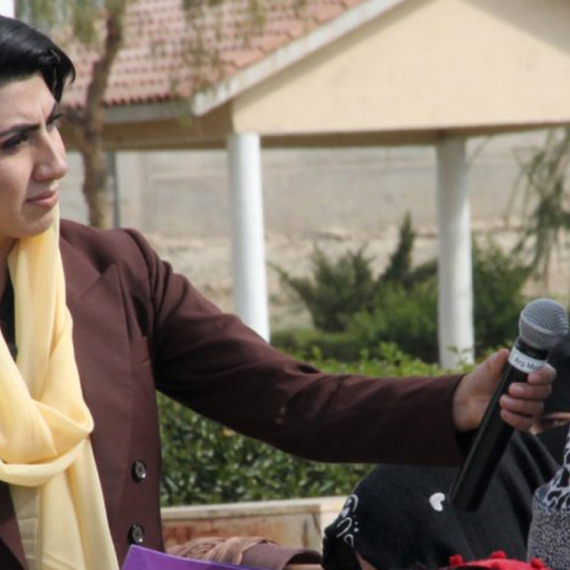
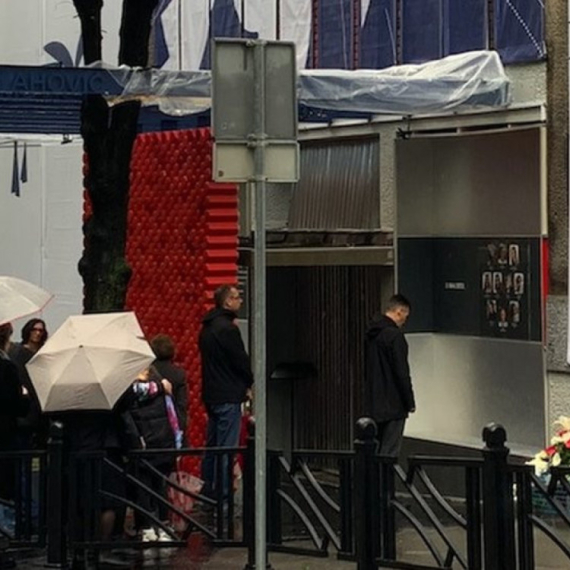
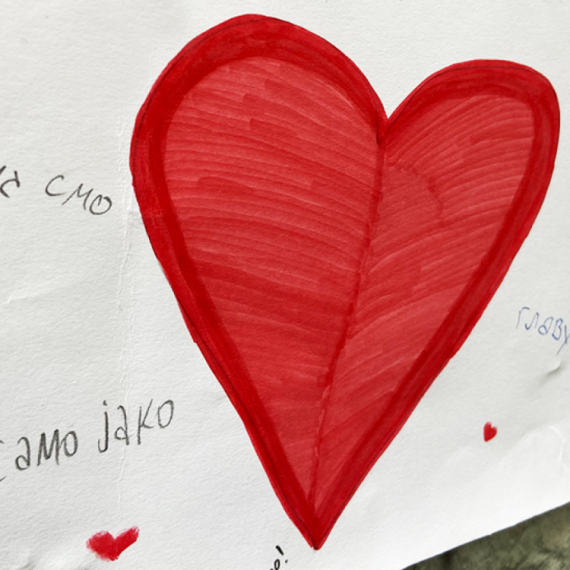


Komentari 3
Pogledaj komentare